ClientEarth Communications
29th March 2022

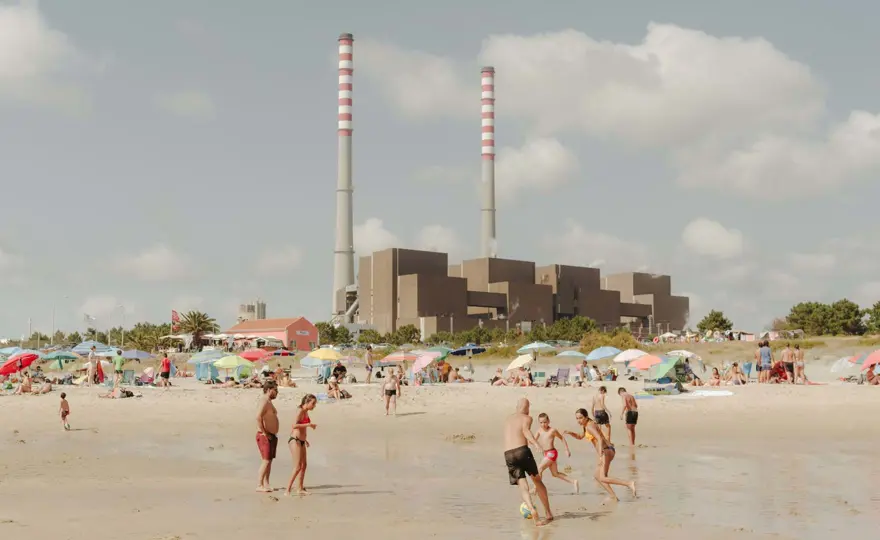
Our unending reliance on fossil fuels has given rise to the most extreme effects of global warming the world has seen, with 2010-2019 being the hottest decade since records began. But the environmental impacts are not the limit; fossil fuels have a human impact as well – an impact on our health, on homes and communities, and human rights.
Climate change is exacerbating inequality around the world, leading to droughts, floods and other disasters that cause the displacement of whole communities. It is estimated that by 2050, 150 to 200 million people are at risk of being forced to leave their homes due to climate disasters.
Our only option is to move the world’s population away from fossil fuels towards renewable energy. In order to understand how this shift can take place, we collected stories from lawyers, activists and campaigners who dedicate their work to this cause. Their working lives look very different but they all share one vision for the future: a vision where clean, equitable and sustainable energy is available to everyone.
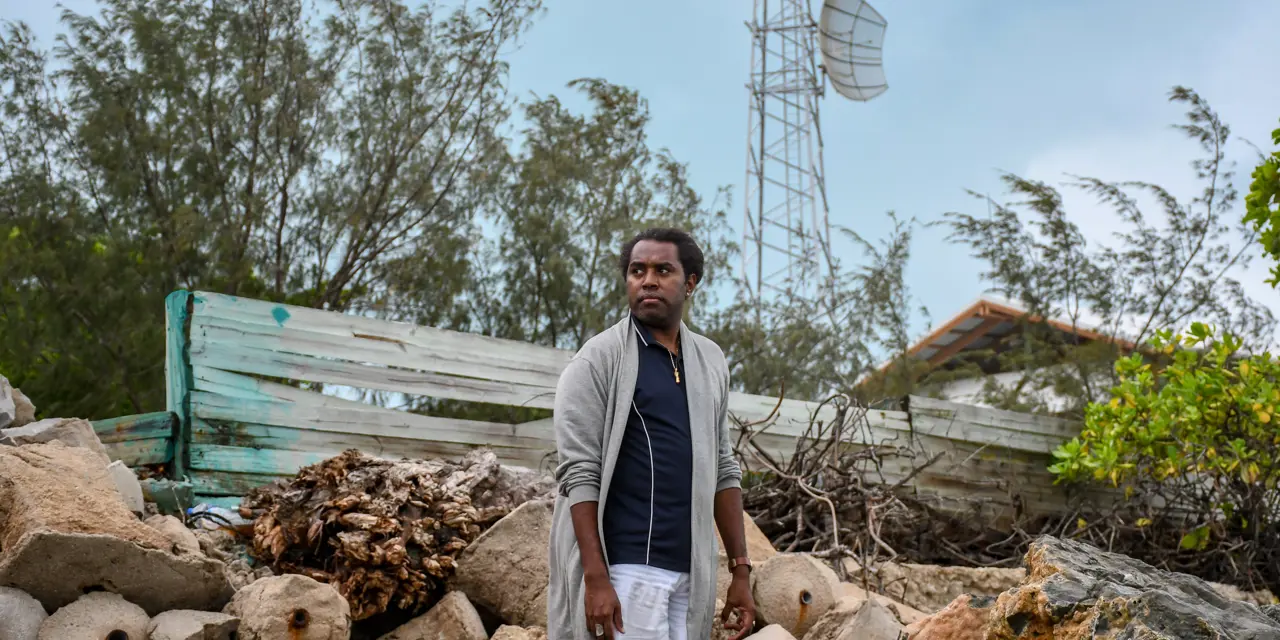
“Climate change is fundamentally a human rights issue. In the Torres Strait, where my team supported eight islanders in a case against the Australian government over climate inaction, the predicted impacts of climate change would be catastrophic for its people. Australia’s continued failure to help protect the islands constitutes a clear violation of the islanders’ rights to culture, family and life.
It’s shameful that indigenous communities on Australia’s climate frontline are being told that the risk of climate change to their human rights is merely a ‘future hypothetical’ issue, when scientists are clear these impacts will happen in coming years. Australia’s emissions and position on fossil fuels causes and contributes to global climate change.
Torres Strait islanders are watching as their traditional lands, their homes, their sacred sites and burial grounds are being eroded by the steadily encroaching waves.
The law needs to protect people as well as the environment and our work is driving the step change in state policy and corporate behaviour we need to create a safe low carbon future. That’s what’s so important to me about this work: creating real, lasting change that will benefit everyone.”
Sophie Marjanac - Climate Accountability Lawyer, ClientEarth

"I am a Climate Justice Activist, speaker and writer based in the U.K. I organise in Fridays for Future International, I'm a Coordinator in Climate Live, and with UN Women Feminist Action for Climate Justice Coalition. In my work I collaborate with different organisations for change and focus on specific arising issues such as the Stop Cambo oil field campaign in the U.K last year.
My vision for the future is one with climate and environmental justice, where everyone has the right to a healthy and safe environment and where marginalised groups are not disproportionately impacted by global warming due to inequalities and are in decision-making spaces. Where everyone has access to resources, healthy food, green spaces, clean water, and clean air.
My particular area of work on climate and environmental justice is important to me because I experienced these disparities first-hand. I began my activism after discovering that my community was experiencing unequally high levels of air pollution, and then learnt that this is the case for predominately communities of colour across the U.K, and the world. As carbon emissions from fossil fuels accelerate climate change, it is these communities that suffer the worst toll.
Both communities of colour across the world, and island nations have contributed least to the climate crisis, and yet are experiencing the worst brunt of the impacts. This isn’t right."
Dominique Palmer - Climate Justice Activist, Public Speaker, Writer, Content Creator
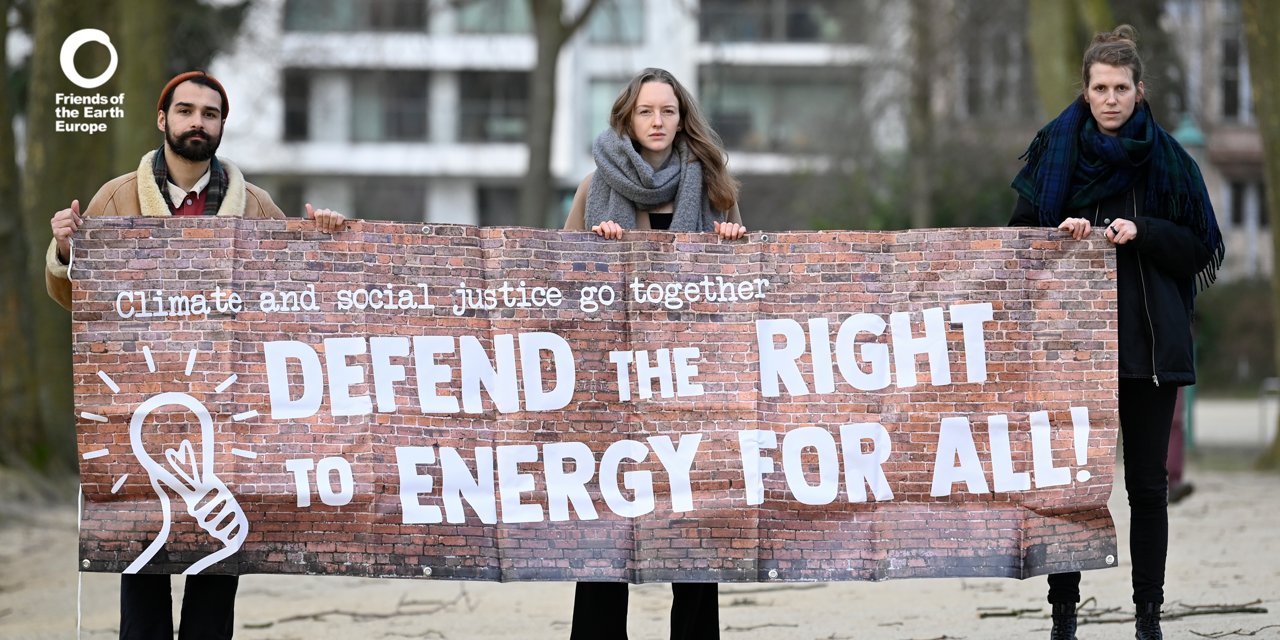
"The fossil fuel industry is a dark cloud hovering over Europe, obscuring both its role in our climate and energy poverty crises and the solutions we truly need to solve them. As energy prices increase seven-fold across Europe, they rise alongside unimaginable fossil fuel profits. While big energy corporations rake in over 50 billion in profits, over 50 million Europeans face an impossible choice: heating or eating.
Instead of ensuring a right to clean affordable energy for all, lobbyists worked for decades to ensure governments consistently prioritised fossil fuel interests. When we needed investment in long-term fixes, we received short-sighted subsidies and greenwashed heating solutions instead. The early months of 2022 threaten to be remembered as a record ‘winter of disconnections’ - exposing the most vulnerable to the consequences of the fossil fuel industry’s hold on Europe’s energy system.
We can’t afford to stay locked into a set-up that is actively degrading both our health and living standards.
We all deserve to live in a decent, safe home that doesn’t literally cost the earth. We need to redirect the wealth this industry is extracting back into emergency support for the energy poor and long-term solutions like renovations and renewables."
Friends of the Earth Europe
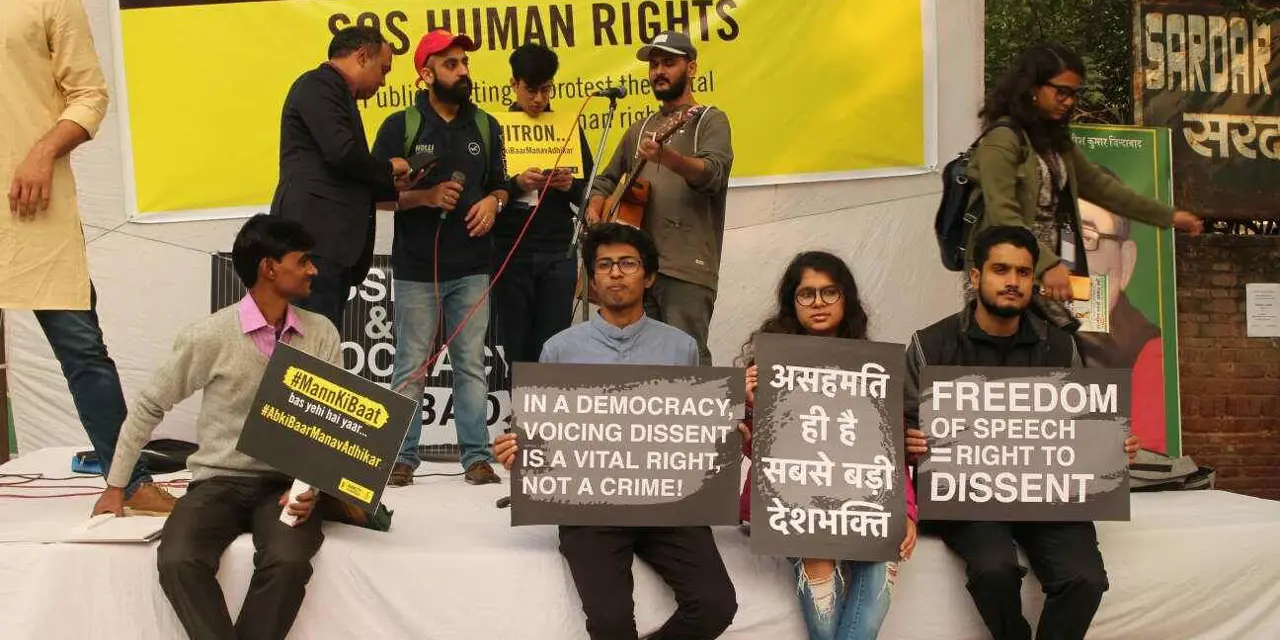
“I come from Kerala, a region built on favourable climate and agriculture: Kerala life depends on it. It’s very common to love and care for nature here because every day we interact with it. When I moved to cities to study it was difficult for me feeling like I couldn’t access nature so I began to join environmental groups and initiatives involved in planting trees as well as protesting harmful development projects.
When I came back to Kerala, I started to see changes: deforestation for large-scale plantations which have been leading to frequent landslides as well as worsening impacts of climate change. Then we started to see the impacts on people’s livelihoods, which is when I got into activism.
When we talk about fossil fuels, we tend to think of global warming but from the moment a fossil fuel project is approved, people are displaced so it’s a human issue as well as an environmental one.
There can be no compromise that we have to move away from fossil fuels but we see climate action more often from the Western perspective, with a focus on pressuring governments and corporations to bring down emissions and limit global warming to 1.5C. But what about the people living in the global south who are still going to be highly impacted by rising temperatures of, say, 1C? We need to also focus on nature-based solutions like small-scale regenerative agriculture and micro-forests that are left wild which protect people’s livelihoods as well as biodiversity. Then we need to bring in climate resilience with technologies – that is what will help us secure a long-term healthy future.”
John Paul Jose – Environmental & Climate Activist, Photographer
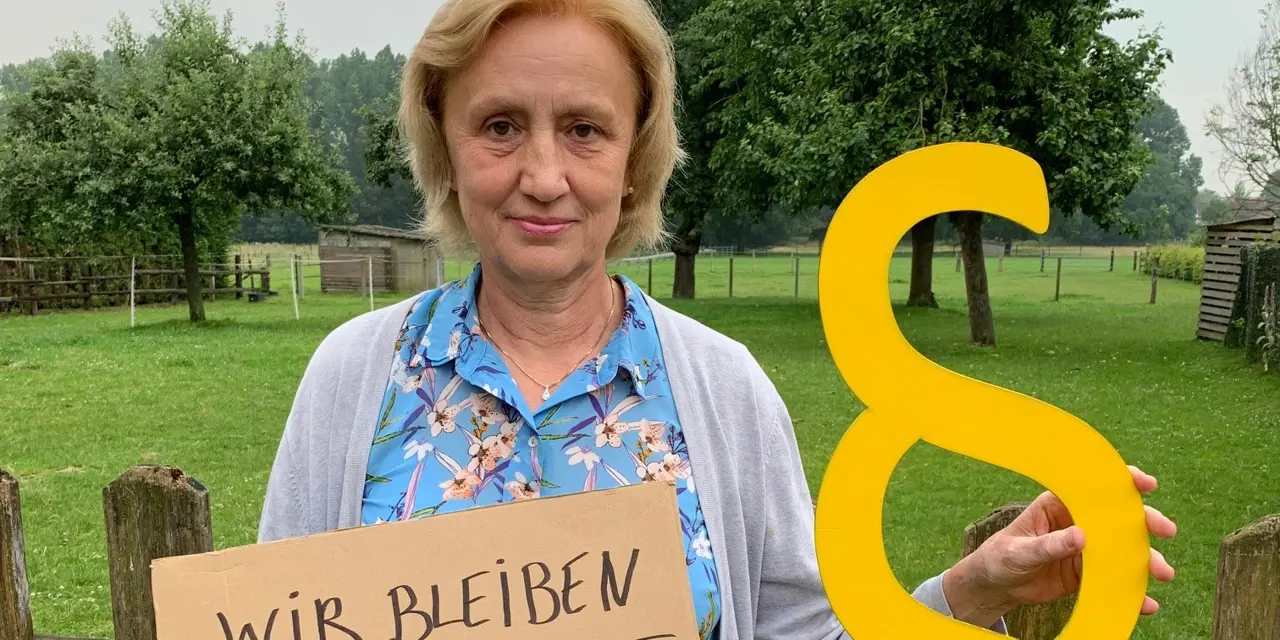
"We have named our organisation "Human Rights before Mining Rights" because we are tired of short-sighted corporate decisions taking precedence over the interests of the people. I live in Kuckum, a village next to the Garzweiler open-pit mine, which is still in danger of demolition to make way for lignite mining by the energy giant RWE.
“For a long time, we fought for our house and garden, but now we are fighting for the climate. The consequences of the climate crisis are already destroying many livelihoods, as the flood in the Ahr valley painfully demonstrated to us last year. To stop global warming, the coal under our feet must remain in the ground. Residents from my and other threatened villages have joined forces to legally defend our homes and communities.
“This year, we are fighting for the legal preservation of our villages. With the war in Ukraine, the first voices are being raised in favour of extending the lifetime of coal operations in Germany. The opposite must be the case. Right now, we must push with all our might for the expansion of renewable energies in order to end our dependence on fossil fuels."
Waltraud Kieferndorf lives with her family in Kuckum and is involved with “Menschenrecht vor Bergrecht”, a group of local residents who are set to legally oppose the threatened mining of the villages.
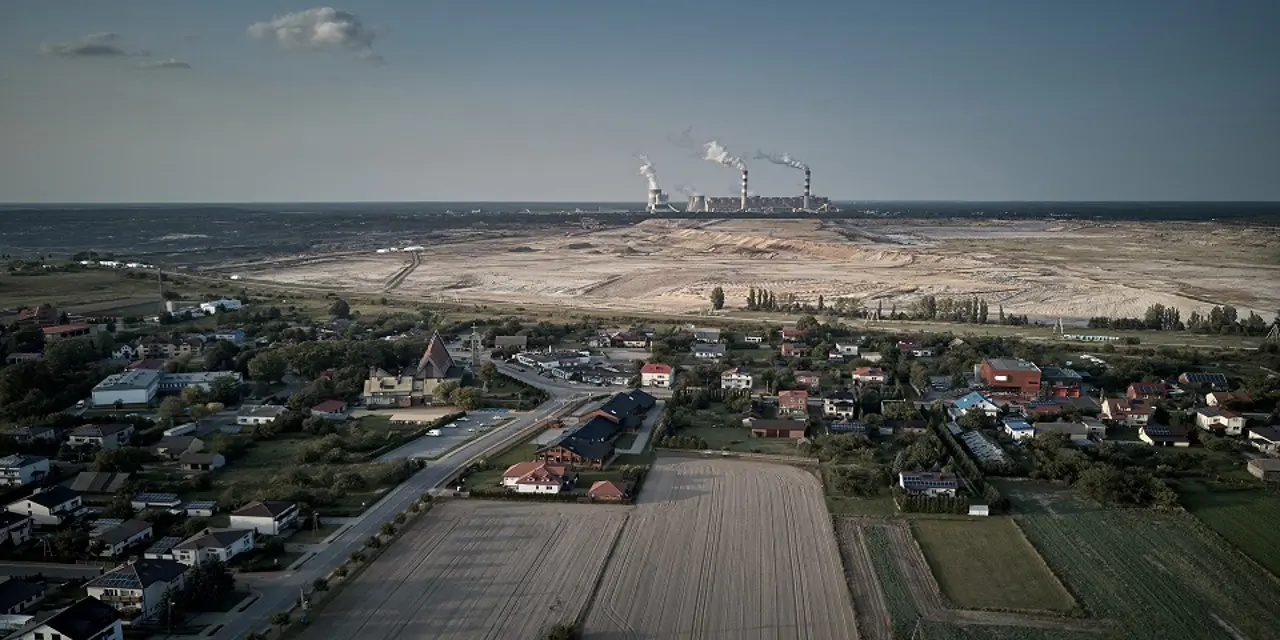
Poland is the largest hard coal producer in Europe and the third largest producer of lignite. Energy and heat generation still comes to a large extent from coal. I lead the fossil fuel infrastructure team in Poland. Our goal is to carry out a just, safe and effective energy transformation in Poland. We want the inhabitants of our country to benefit from affordable, environmentally and climate-friendly energy.
People and their welfare have always been at the heart of what we do. A few years ago, we supported a group of several dozen farmers fighting the construction of a new coal-fired power station in a traditionally agricultural area of northern Poland. We are now pursuing legal cases on behalf of five people against the Polish authorities for their lack of an ambitious climate policy. These people are of different ages, live in different parts of Poland, come from different backgrounds, but have one thing in common - they fear for their own and their children's future in the face of climate catastrophe. On the other hand, Poland still has the highest number of people in Europe working in the coal sector. We cannot leave these people behind. At ClientEarth we focus also on green transformation and new jobs for everyone.
The energy and economic transition in the face of climate change is one of the most important and yet most difficult challenges of our time. We cannot leave this subject to the future, even when there is so much going on around us and even especially when there is so much going on around us.
Ilona Jedrasik - Poland Lead, Fossil Fuel Infrastructure